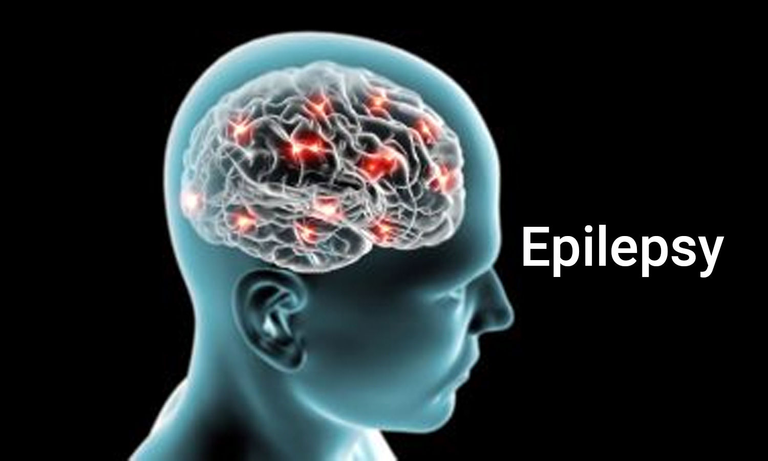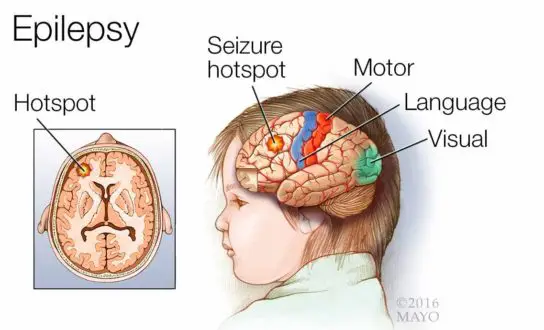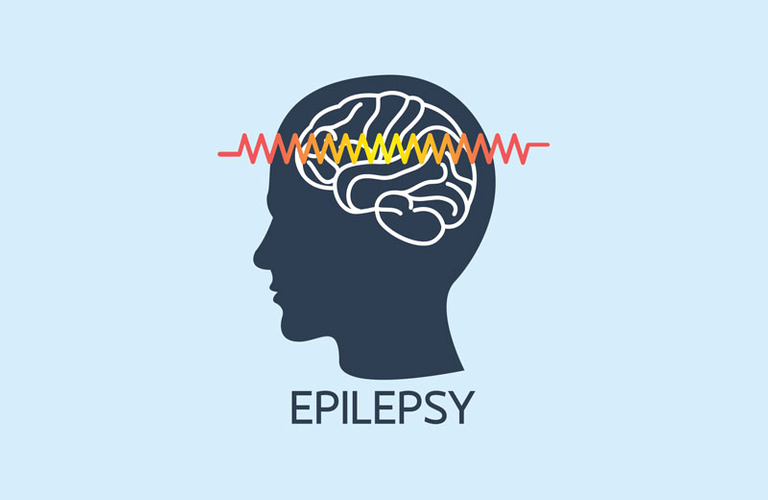Epilepsy: Causes, Prevention, and Ways to Stay Safe
Epilepsy is a neurological condition that causes repeated seizures. A seizure happens when there is a sudden, abnormal electrical activity in the brain. Epilepsy can be caused by a number of factors, including head injuries, brain tumors, stroke, and other health conditions.
Epilepsy is a serious condition that can be life-threatening. It is important to know the warning signs of a seizure and to understand what to do if someone has one. There are also steps that can be taken to prevent seizures from occurring in the first place.
If you or someone you know has epilepsy, it is important to learn as much as you can about the condition. This article provides an overview of epilepsy, including its causes, prevention, and ways to stay safe.

Causes of Epilepsy
Epilepsy is a neurological condition that can cause seizures. Seizures are periods of involuntary muscle activity that can range from mild to severe. Epilepsy can be caused by a variety of factors, including head injuries, brain tumors, stroke, and substance abuse. It is also believed that epilepsy may be caused by a combination of genetic and environmental factors.
While the exact cause of epilepsy is unknown, there are many theories about what may trigger the condition. Some scientists believe that epileptic seizures may be caused by abnormal electrical activity in the brain. Others believe that seizures may be triggered by a deficiency of a neurotransmitter called GABA. Regardless of the cause, epilepsy is a serious condition that can be life-threatening.
Prevention of Epilepsy
There is no one definitive way to prevent epilepsy. However, there are some things that you can do to lower your risk of developing the condition.
For example, you can:
-Get regular exercise
-Eat a healthy diet
-Avoid head injuries
-Manage other health conditions (such as diabetes)
While there is no one definitive way to prevent epilepsy, there are some things that you can do to lower your risk.
First, if you have a family history of epilepsy, you may be more likely to develop the condition. Therefore, it’s important to be aware of your family medical history and to see a doctor if you have any concerns.
Second, certain medical conditions can increase your risk of developing epilepsy. These include brain tumors, head injuries, and stroke. Therefore, it’s important to seek treatment for these conditions if you have them.
Finally, certain lifestyle factors can also increase your risk of developing epilepsy. These include smoking, drinking alcohol, and using drugs. Therefore, it’s important to live a healthy lifestyle to lower your risk.
Ways to Stay Safe If You Have Epilepsy
If you or someone you love has epilepsy, there are a few things you can do to help keep them safe. Here are a few tips:
Have a plan in place in case of a seizure. This should include emergency contacts, medication information, and a list of any triggers.
Wear a medical ID bracelet or necklace. This will help first responders know that you have epilepsy and what to do in case of a seizure.
Avoid seizure triggers. If you know what triggers your seizures, try to avoid those triggers as much as possible.
Stay safe during a seizure. If you have a seizure, try to stay safe by lying down on your side and protecting your head.
By following these tips, you can help keep yourself or your loved ones safe if they have epilepsy.

Conclusion
Epilepsy is a serious condition that can be caused by a variety of factors. However, there are some things that you can do to help prevent it, and there are also ways to stay safe if you have epilepsy. This article has provided information on the causes, prevention, and ways to stay safe with epilepsy.
Resources:
Med Rec Hospital:
https://medrechospital.com/bloglist/epilepsy
Brain and Life:
https://www.brainandlife.org/the-magazine/online-exclusives/what-is-epilepsy-what-causes-seizures/



The important thing is to get the right treatment and family trained to deal with crisis
!1UP
You are very correct 💯
You have received a 1UP from @gwajnberg!
@ccc-curator, @stem-curator, @neoxag-curator
And they will bring !PIZZA 🍕.
Learn more about our delegation service to earn daily rewards. Join the Cartel on Discord.
Thanks. It's also important to note that, it's not contagious, hence, no need for the stigmatization.
Of course you are very correct 💯☺️